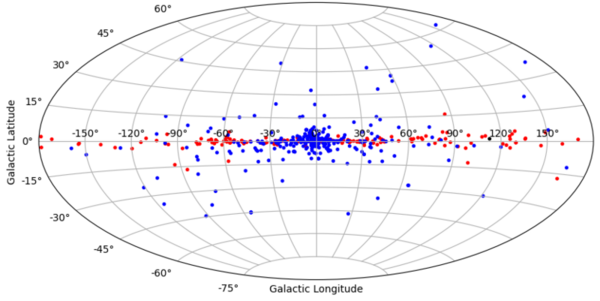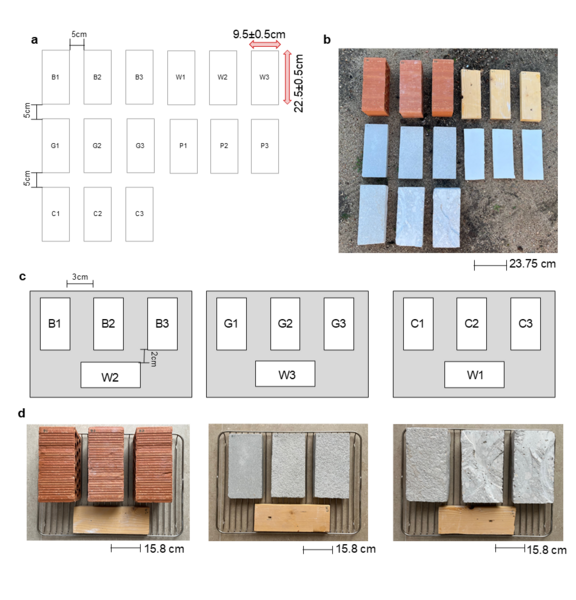
The authors looked at variables and their patterns and how those contribute to the properties of X-ray binaries.
Read More...Analysis of quantitative classification and properties of X-ray binary systems

The authors looked at variables and their patterns and how those contribute to the properties of X-ray binaries.
Read More...Impact of length of audio on music classification with deep learning

The authors looked at how the length of an audio clip used of a song impacted the ability to properly classify it by musical genre.
Read More...High school students’ perceptions of third-party tracking and personalization

The authors looked at student perception on various situations involving third-party tracking to personalize recommendations.
Read More...Differentiating characteristics in exoplanet host stars

The authors looked at what conditions with host stars favor development of exoplanets.
Read More...Comparative analysis of the speeds of AES, ChaCha20, and Blowfish encryption algorithms

The authors looked at different algorithms and their ability to encrypt and decrypt text of various lengths.
Read More...Examination of the rotation curve for the dark matter deficient relic galaxy NGC 1277

The authors re-examine the galactic kinematics of relic galaxy NGC 1277, recently identified as dark matter deficient, by reproducing its rotation curve with data from the George and Cynthia Mitchell Spectrograph.
Read More...Investigating the effects of mutations of amino acids on the protein expression of CDK2 cancer gene
Glucose concentration and the longevity of cut roses: sugar-induced senescence

The authors examined the effect of varying glucose concentrations on cut rose longevity.
Read More...Ultraviolet exposure and thermal mass variation on surface temperature responses in building materials

The authors studied the response of various construction materials to UV solar radiation and heat.
Read More...The effects of dysregulated ion channels and vasoconstriction in glioblastoma multiforme